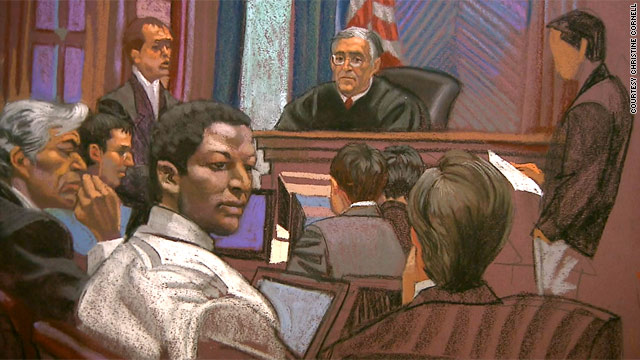By Erica Laster Impunity Watch Reporter, North America
NEW YORK, United States – At the behest of Human Rights groups and activists, the British have issued a ban on the export of lethal injection drug sodium thiopental to the United States. The United Kingdom originally opposed the ban under the assumption that someone else would provide the drug to the U.S. and that the drug was only being used for medicinal purposes. Some States have sought other means to execute prisoners, including the use of drugs commonly used to kill animals.

Reprieve, a legal charity, campaigned for the past month in support of banning the drug used in executions. The charities Director, Clive Stafford Smith expressed concern that a number of prisoners are set to be executed in California this week. According to Smith, “”There is urgent work to do. The California Department of Corrections and Rehabilitation – so named, notwithstanding their plan to execute a number of prisoners – expects to receive enough drugs to kill 86 people this week, perhaps as early as today, probably again from Britain.” Smith remains hopeful that urgent steps are taken to prevent any current shipments from reaching the corrections facility.
The charity further notes that British pharmaceutical company Archimedes Palma may have unknowingly been used as the U.S. source for supplying the drug used for lethal injections.
With such protests and oppositions to the use of drugs for lethal injections, states are finding other methods to continue executions. Oklahoma for instance, is attempting to use Phenobarbital as a replacement: a common drug used to kill animals.
An order issued by British Secretary of State for Business Vince Cable requires that companies seeking to export the drug abroad must prove that the sodium thiopental will be used for the purpose of legitimate medicinal purposes and not execution.
The ban is the result of Reprieve and British based law firm Leigh Day’s suit in support of the ban. Leigh Day attorney Jamie Beagent praised the Secretary of State’s decision as one that “has finally come to recognize that banning drugs from the UK for use in executions overseas is the morally right thing to do.”
For More Information Please Visit:
IPS – Britain Bans Exports of Execution Drug Sought by U.S. – 30 November 2010
BBC News – US Lethal Injection Drug Faces UK export Restrictions – 29 November 2010
Washington Post – British Imposes Controls On Lethal Injection Drug – 29 November 2010

 Authorities discover 75th tunnel used to transport drugs from Tijuana to California. Photo Courtesy of the New York Times.
Authorities discover 75th tunnel used to transport drugs from Tijuana to California. Photo Courtesy of the New York Times.
